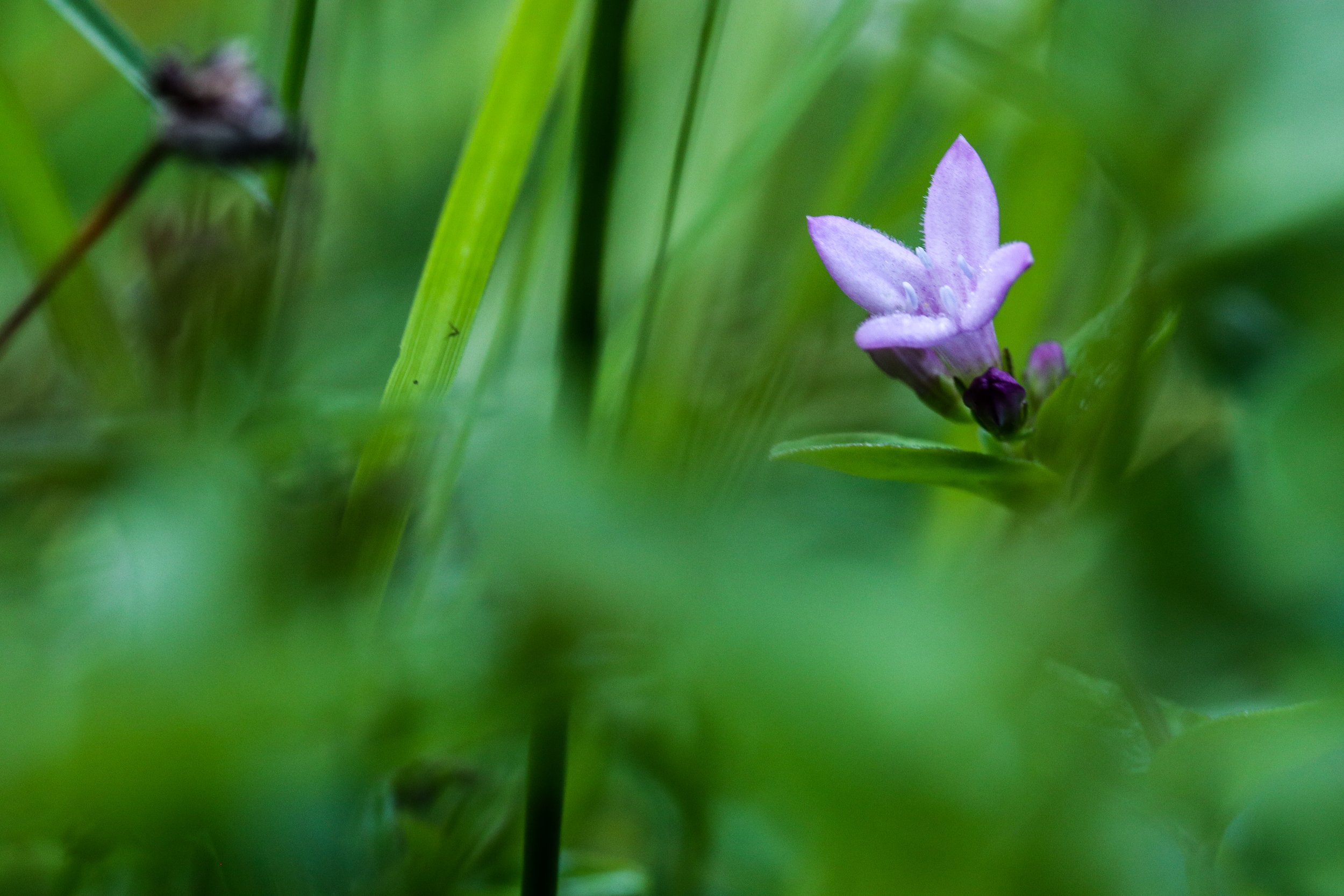
Carolina Northern Flying Squirrel (Glaucomys sabrinus coloratus)

Image: NC Wildlife Resources Commission

About
The Carolina northern flying squirrel is an endangered mammal found only in high elevation “sky islands” within the Southern Appalachian mountains. Fraser fir and red spruce forest stands (like those found at Roan) are its preferred habitat. The Roan Highlands are one of only ten Geographic Recovery Areas for the squirrel in its very limited range. The Roan Highlands are especially important for the CNFS because they contain the highest quality intact Fraser fir forest remaining range-wide. As such, spruce restoration and protection is essential for this species.
Threats
Some of the squirrel’s major threats include habitat loss and fragmentation, climate change, introduced forest pests, disease, and pollution. Invasive woolly adelgid beetles have proved to be an especially formidable threat, as they have been decimating the tree stands that the species depends upon across the Southern Appalachians. Higher temperatures from climate change make it easier for the beetle to reproduce - making this threat increasingly great as temperatures rise. Because Roan's ecosystems are restricted to high elevations (with colder temperatures), climate change is restricting the squirrel’s range further by pushing the species up to higher elevation areas that are increasingly less connected, which reduces gene flow. As the squirrel’s habitat becomes increasingly isolated, its chances of survival continue to decrease.
At Roan, the squirrel is also threatened from habitat destruction from off trail hikers and campers who cut live fir and spruce trees for wood.
Header image: Roan Mountain bluet (U.S. Fish and Wildlife Service)
Images: Rob Campbell (USFS)
How You Can Help:
Always stay on trail to avoid damaging habitat.
Never cut wood from live trees.
Never bring in outside firewood, as this can transport invasive pests.
Use the boot brush near Carver’s Gap to remove potential invasives from shoes.
Support red spruce restoration efforts and adelgid beetle control efforts.
Support funding for conservation initiatives.
Donate or volunteer with groups like SAHC that work to restore spruce-fir habitat.
Always pack out your trash and follow the 7 Leave No Trace principles.
View our “How to Help” page for more ideas.










